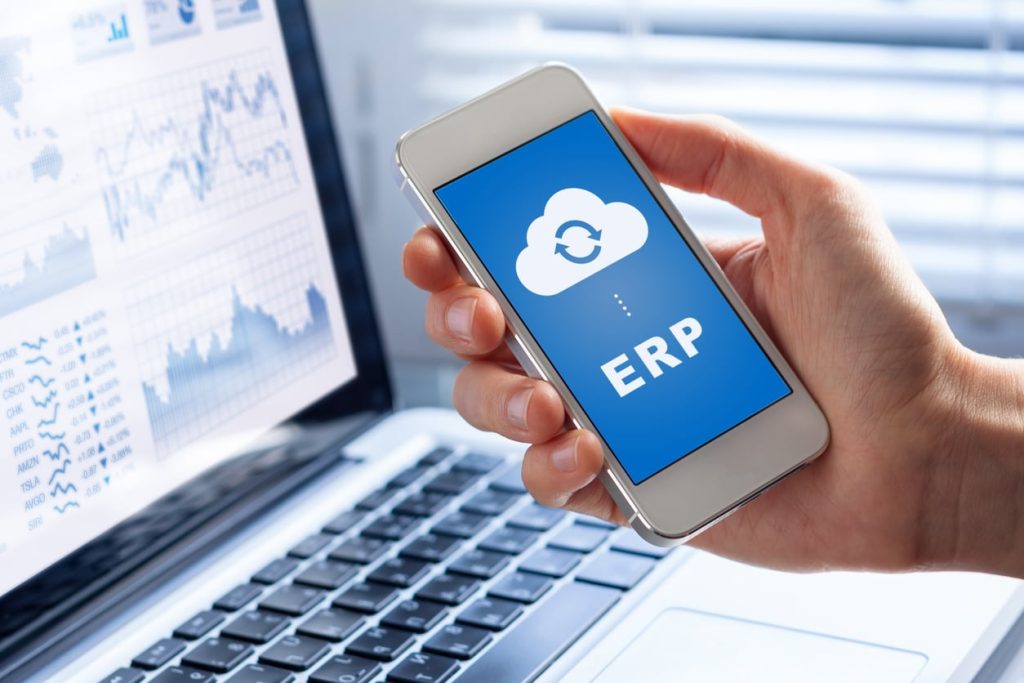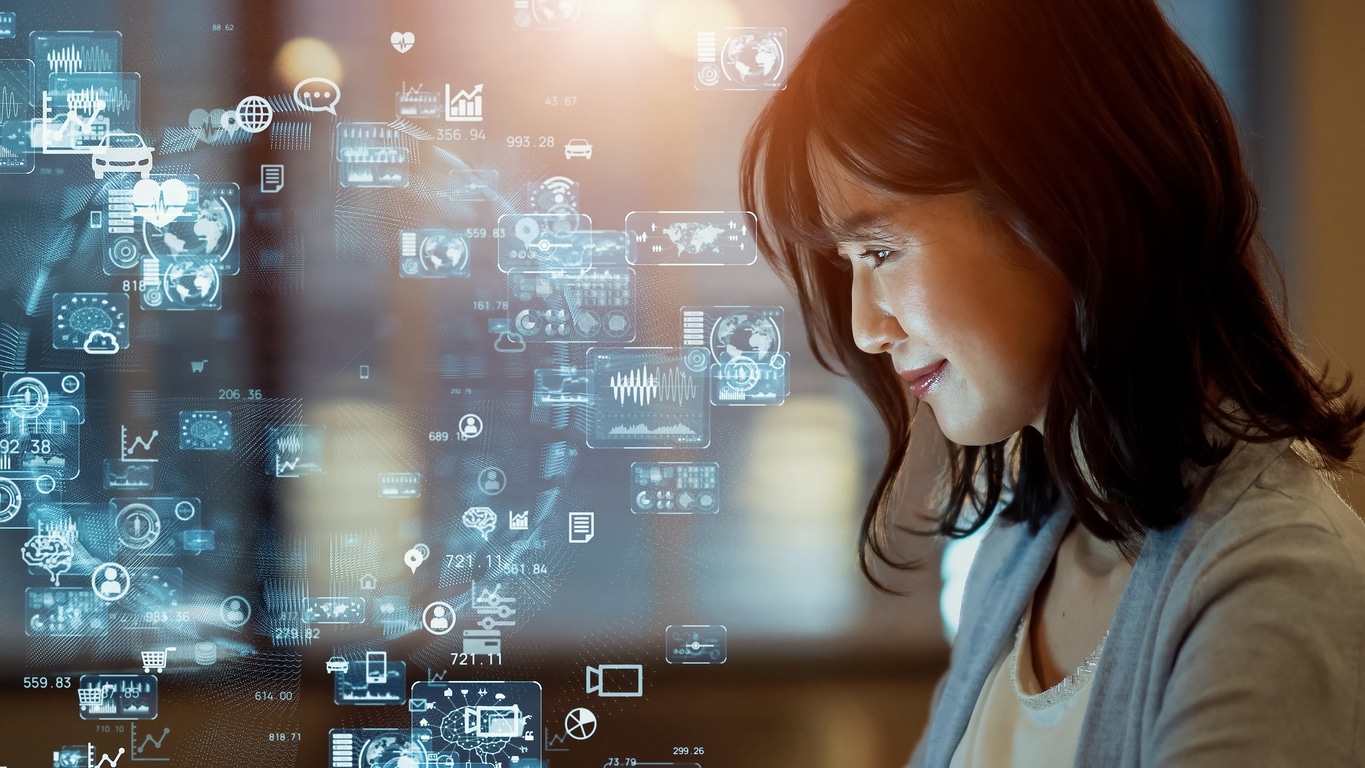Artificial intelligence, machine learning, and the IoT are changing the ERP equation.
Modern Enterprise Resource Planning (ERP) software has redefined accounting, inventory management, and customer interactions for millions of businesses around the world by integrating multiple platforms and improving real-time data visibility.
With benefits including improved efficiency, scalability, and collaboration, the global ERP market is expected to exceed $100 billion by 2026. Despite this upward trajectory, many experts believe we have only scratched the surface of what ERP systems can do.
The Current State of Enterprise Resource Planning (ERP)
The acronym ERP is used to describe both the tracking and management of core business processes and the software that drives these activities. Modern ERP systems have their roots in material requirements planning (MRP) software developed in the 1970s to monitor inventory levels and other supply chain data. These MRP systems gradually evolved into advanced ERP software that also encompasses:
- Finance: Tracking and dashboards for accounting functions and metrics.
- Commerce: Synchronizing in-store and digital platforms to safeguard the customer experience.
- Human resources: Management of recruiting, hiring, payroll, and employee tracking data.
- Manufacturing: Streamlining work orders and day-to-day manufacturing processes while providing a source of real-time shop floor data.
The Future of Enterprise Resource Planning and ERP Trends
As new technologies like artificial intelligence (AI), machine learning (ML), and the Internet of Things (IoT) become part of our lives, ERP will experience profound and tangible benefits. The significant changes and improvements in store for ERP include:

ERP in the Cloud
Cloud migration is a common trend for industries of all types, with the cloud computing market expected to triple in size by 2030. ERP will be no exception to this rule, as cloud-based ERP software-as-a-service (SaaS) offers the latest features, scalability, and centralization to improve security and collaboration.
Reduced ERP expenses and support for a hybrid workforce are additional benefits cited by companies transitioning to cloud-based ERP.
The Internet of ERP Things
The hype over the Internet of Things (IoT) is justifiable, as billions of everyday objects are transformed into data-collecting entities with direct, real-time connections to cloud intelligence. How will this trend impact ERP? Everything from conveyor belts in factories to shelves in supermarkets will eventually become part of the IoT universe, communicating with ERP systems to drive faster and smarter decisions.
Behind the scenes, AI will ensure these decisions improve efficiency, while ML will allow this autonomous intelligence to evolve and improve.
Personalized ERP
Customer experience is just one of the areas where personalization will be embodied in the future of ERP. Personalization is more than just customization based on languages or currencies. AI-based low-code/no-code personalization will allow each user to adapt their own ERP interface based on individual work preferences and historical patterns. Improved voice recognition will also be incorporated to trigger personalized settings and enable more natural system interactions.
ERP Mobility
Mobility is another global trend that transcends industries and applications as workers connect through cell phones, tablets, and other devices untethered from traditional networks. At its core, ERP is more about people and things than charts and graphs, so ERP mobility will enable workers to input or receive relevant and meaningful data from the field or factory floor more easily.

Improved mobility will also allow business leaders to stay connected and make informed, real-time decisions on the go.
The Rise of Automation
Automation is already an important facet of modern ERP software. Data is automatically consolidated and synchronized, while intuitive reports are generated without human intervention. However, this current level of automation will pale in comparison to the future state, as robotic process automation (RPA) will allow repetitive tasks like data entry and invoice processing to be offloaded to bots.
Automation mixed with intelligence will also enable functions like purchasing, inventory control, and equipment maintenance to self-correct and self-optimize based on predictive analytics.
Sustainability
95% of small business owners believe sustainability is important, although a much smaller percentage claim to be taking steps to improve it. Can ERP influence and improve sustainability? As the centrepiece of business operations, ERP software will directly influence sustainability by reducing system waste, tracking carbon footprint metrics, and imparting sustainability criteria into supply chain decisions.
Advanced AI, ML, and IoT integration will improve sustainability both directly and indirectly, as the efficiency, transparency, and mobility of future ERP systems create unexpected opportunities for positive change.
Need Help with Your Cloud ERP?
Rapid technological advancement can make Cloud ERP software selection challenging. We understand how the future of ERP can impact the long-term decisions you make today. Give us a call to discuss how the right ERP option can help accelerate your business into the future.


